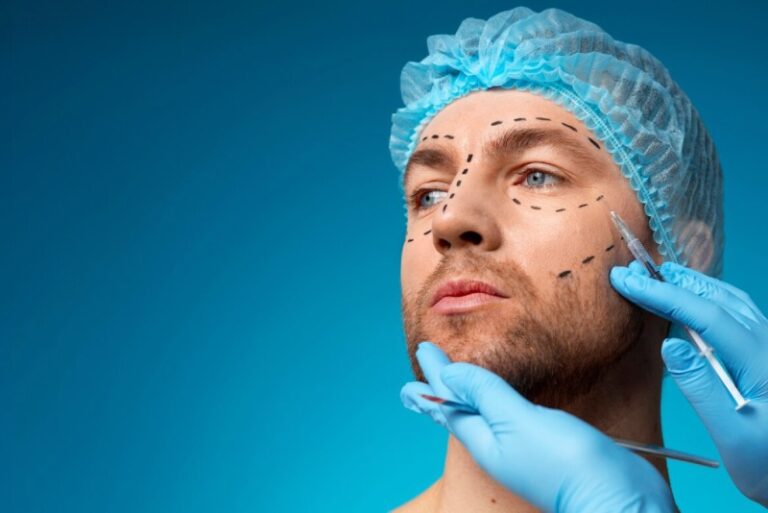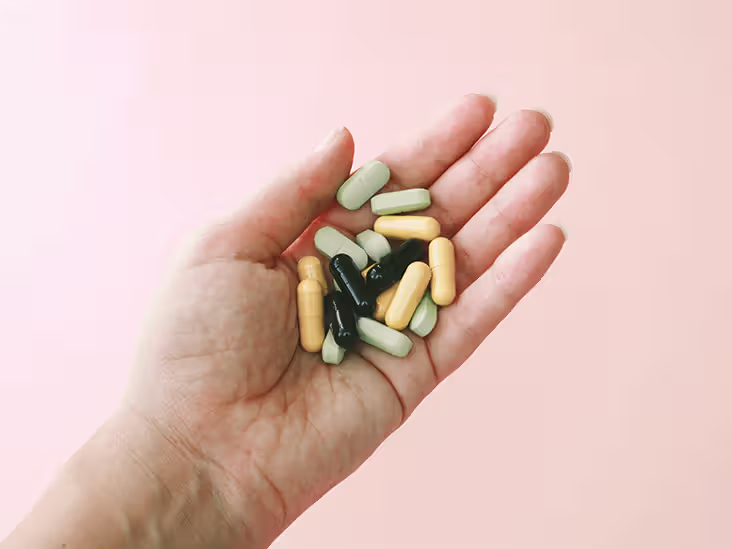When you think of digestion and blood circulation, they might seem like two entirely separate systems. However, they are more connected than you may think. Recent insights in health and wellness have shown that gut health plays a surprisingly important role in your circulatory system, especially in the development and management of vein conditions.
The Gut-Vein Connection
One of the most visible signs of poor circulation is the presence of varicose veins. These enlarged, twisted veins—often found in the legs—are typically caused by weakened valves and poor blood flow. But did you know that digestive problems like chronic constipation can also be a contributing factor?
When you strain while going to the bathroom, the pressure in your belly goes up. This pressure can restrict healthy blood flow from your legs back to your heart, putting additional stress on your veins. Over time, this stress can weaken the vein walls and valves, leading to varicose veins. Supporting digestive regularity through gut health is an effective preventative strategy.
Insights from Gastroenterology
In the area of gastroenterology, doctors have seen that issues with the gut can lead to inflammation throughout the body. Irritable bowel syndrome (IBS) and Crohn’s disease make it hard to absorb nutrients, mess up the gut bacteria, and cause long-lasting inflammation.
Over time, this inflammation can hurt your blood vessels and make them more likely to get sick. Even small problems with your gut, like bloating or indigestion, could be early signs of worry that can later affect your blood flow. Gastroenterologists are paying more attention to how stomach problems can affect the health of your blood vessels as a whole.
Proctology and Digestive Strain
Issues that fall under proctology, such as hemorrhoids, are another sign of the connection between gut health and circulation. Hemorrhoids are, in essence, varicose veins in the rectum. They develop from increased pressure in the lower abdomen—again, often due to digestive problems like constipation or poor fiber intake.
A disrupted gut leads to irregular bowel movements, which can create excessive strain during elimination. This strain contributes directly to the development of hemorrhoids and other rectal vein issues. A well-balanced digestive system is key to avoiding many of the conditions treated by proctologists.
How to Support Both Systems
Here are simple steps you can take to care for both your gut and circulatory health:
- Eat more fiber: Fruits, veggies, whole grains, and legumes are all good for your digestion.
- Stay hydrated: While water helps your body digest food, it also helps your blood flow.
- Move more: Physical activity stimulates both circulation and digestion.
- Reduce processed foods: These can disrupt gut bacteria and increase inflammation.
- Add probiotics: Foods like yogurt, kefir, and fermented veggies help balance gut flora.
The Bigger Picture
The takeaway is clear: your digestive system doesn’t just affect your stomach—it plays a critical role in your entire body. Whether you’re managing varicose veins, a condition related to gastroenterology, or a concern involving proctology, supporting gut health can lead to better outcomes.
Taking steps to improve your gut may help relieve pressure on your veins, reduce inflammation, and enhance your overall well-being. When you nourish your gut, you’re also protecting your circulation, proving once again that everything in the body is connected.





